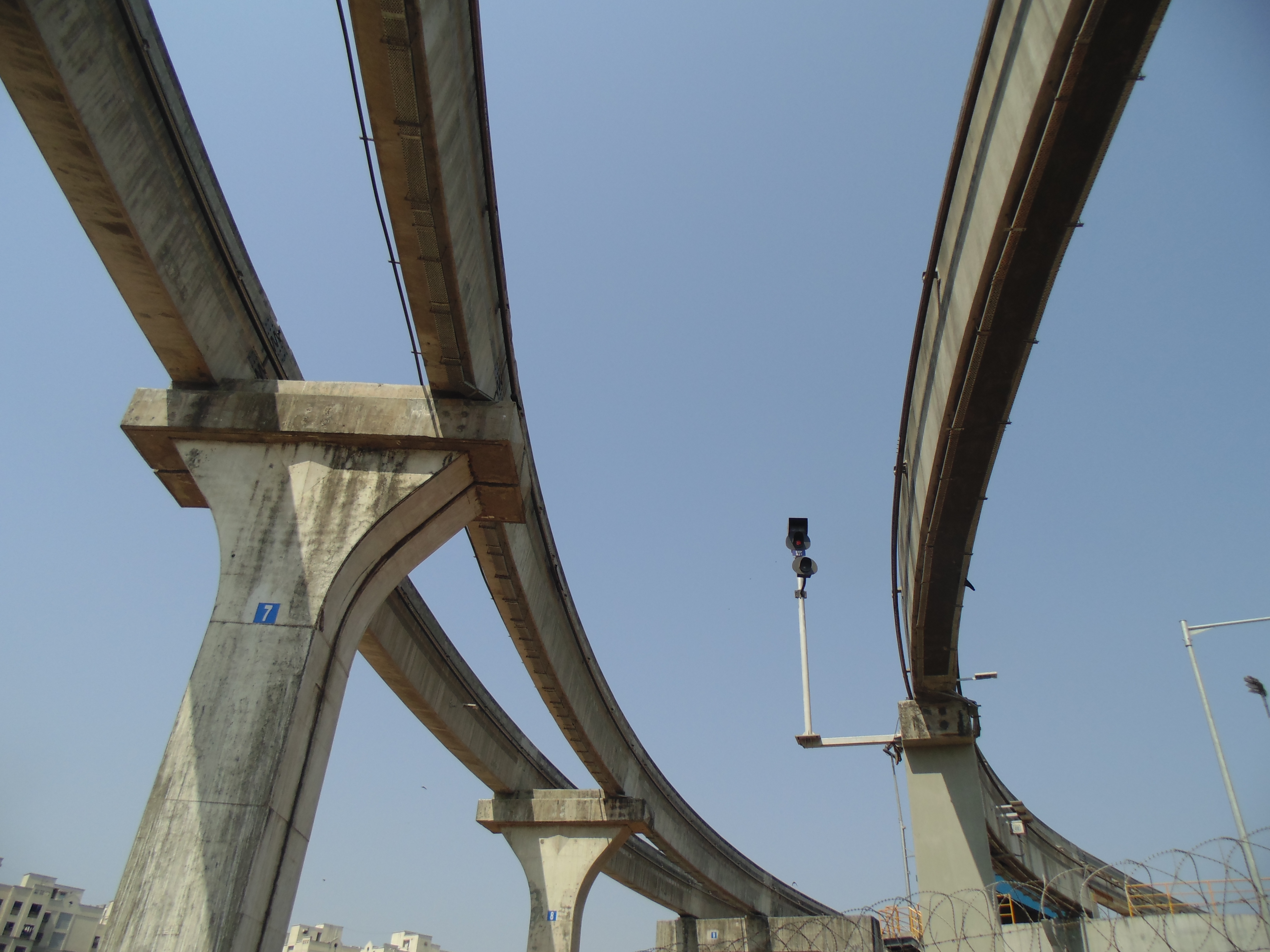The Maharashtra government has demonstrated its commitment of accelerating the pace of iconic projects that have languished in the past. Year 2016 will be critical for Maharashtra as it has pledged to begin work on key infrastructure projects worth over Rs.73,000 crore. If this works out as planned, it would be an unprecedented feat for the western state. The projects that are lined up for award this year are the Mumbai Coastal Road, Mumbai Trans Harbour Link, the underground Mumbai Metro (Phase III), two elevated routes of the Mumbai Metro (Phase II) and the Navi Mumbai International Airport.
What is most interesting to observe that all projects with the exception of the Navi Mumbai International Airport will be developed on EPC basis with the PPP modality making a silent exit from the metropolitan city. During the previous Congress government in Maharashtra, PPP was pursued as the backbone for infrastructure projects but with the experiment seen summarily failing, it is the traditional EPC route that the present BJP-led government would want to rely on.
The Mumbai Coastal Road, for instance, has come as an alternative to the Haji Ali-Worli Sea Link that was seen as an extension of the Bandra Worli Sea Link project. In 2010, an agreement was signed with Reliance Infrastructure (Anil Ambani Group) to develop the project on PPP basis. Though finances were raised, the private developer, could not get land for the casting yard and there were major delays in securing clearances for the captive jetty. Unfortunately for the project, a technical committee examining the viability of the link had recommended a longer Coastal Road instead. This recommendation was picked up by the present government and the Haji Ali-Worli Sea Link was officially terminated by the Maharashtra government recently.
The Mumbai Trans Harbour Link, a project in the planning since the 1980s, saw many years roll by fruitlessly in pursuit of the PPP modality. In fact, at one stage, in around 2006, the project did enter the final stage with two bidders in the fray – consortia led by Reliance Infrastructure (RInfra) and Reliance Industries, respectively. The two financial bids showed such wide disparity in their price bids that the nodal agency Mumbai Metropolitan Region Development Authority (MMRDA) found it prudent to scrap the bidding process altogether and subscribe to the time-tested EPC route.
Line-2 of the Mumbai metro, which incidentally has undergone some revision in alignment, was to come up on PPP basis. Reliance Infrastructure, the developer of Line-1, was awarded the project in 2009 under the then Congress rule in the state. The project attained financial closure in 2010 but uncertainties in financial commitments by the state government resulted in four more years of project dormancy. Come 2014, Reliance Infrastructure walked out of the project and the PPP contract was terminated with mutual consent.
One cannot but help observing that much of Mumbai’s experiment with PPP has revolved around the Anil Ambani Group. As far as metro rail is concerned, Mumbai Metro (Line-1), where RInfra is the concessionaire, will be amongst the few Indian metro projects built on PPP basis—Hyderabad metro being the only other significant example. In the implementation of the 25-odd metro rails planned in the country, the PPP modality is not even being discussed today.
Airports seem to be the lucky charm for private sector participation as far as Mumbai is concerned. The Mumbai International Airport (along with the Delhi airport) represented the earliest instances of PPP in expansion and modernization of existing airports. The proposed greenfield Navi Mumbai airport is making progress along PPP lines. Currently, four bidders have technically qualified and tendering for price bids is expected to be launched in February. There has been considerable delay on the project but these were largely related to land acquisition issues. On the PPP front, there have been no problems so far. In fact, this project will also mark a precedent on a finer aspect of PPP guidelines. The civil aviation ministry has reportedly accepted a proposal where the grantor of concession could collect concession fee, even before project implementation starts. This is with a view to ensuring that there is no dithering in project implementation after the project is awarded.
Though the PPP route has been scrapped in some landmark projects in Mumbai, it may not be the end of the road for this modality. Yes, metro rail is an area that is losing its PPP grip nationwide owing to the unrivalled success of the EPC model followed by the Delhi Metro Rail Corporation. Even the road projects where the PPP model was experimented with—especially the Mumbai Trans Harbour Link—were inherently complicated and not easily amenable to the PPP mode.
It must be accepted that PPP guidelines need to be reworked as there are serious shortcomings in model concession agreements. Private sector developers need to be insulated from project vagaries and for impediments caused by factors beyond their control. This is where recommendations of the Kelkar Committee Report, which were recently publicized, would be instrumental. The report has made a slew of suggestions with several of them potentially capable of reviving the PPP culture. PPP is definitely the way forward for India’s infrastructure development. However, the government needs to work towards a flexible yet effective policy framework to encourage and sustain private enterprise.











